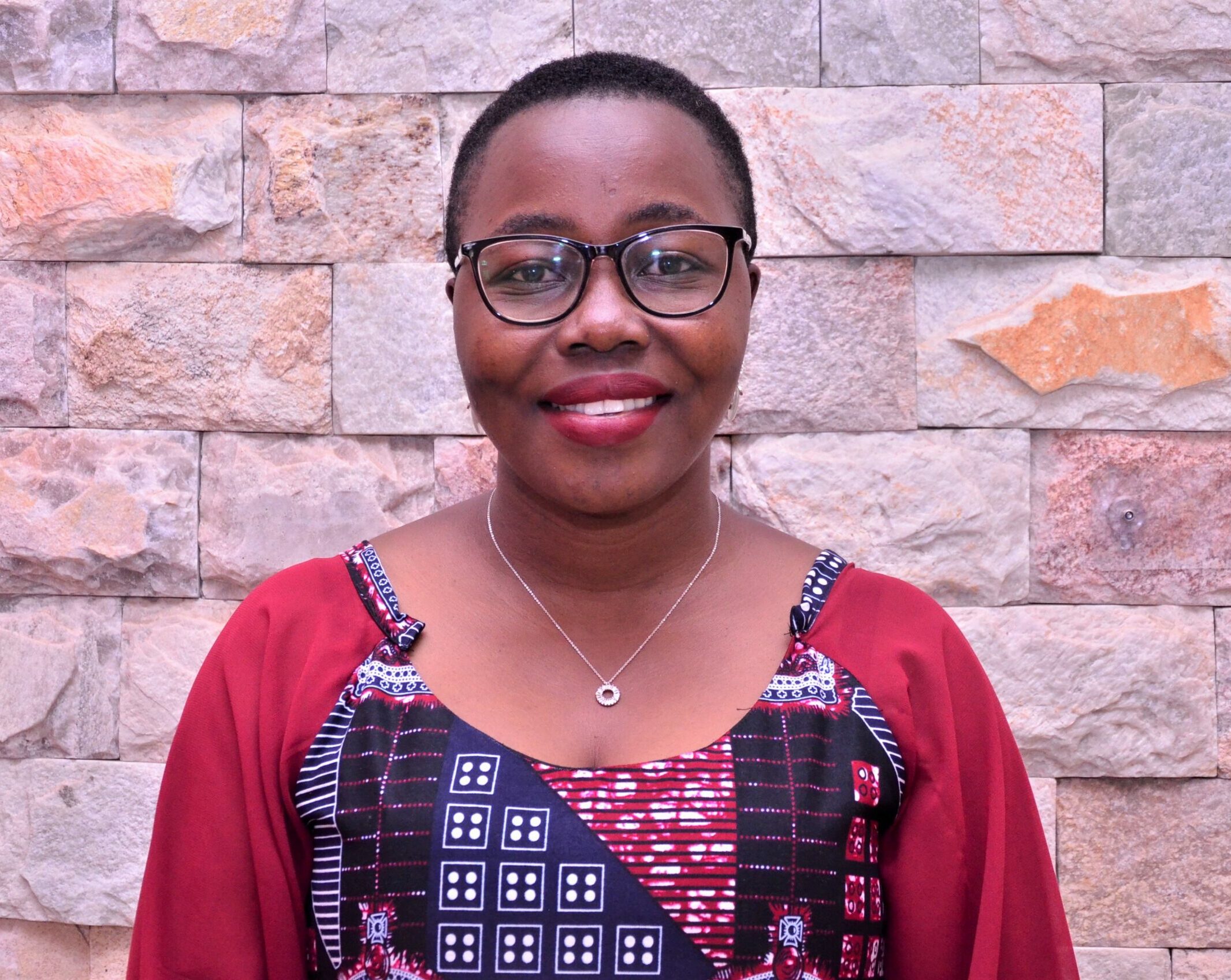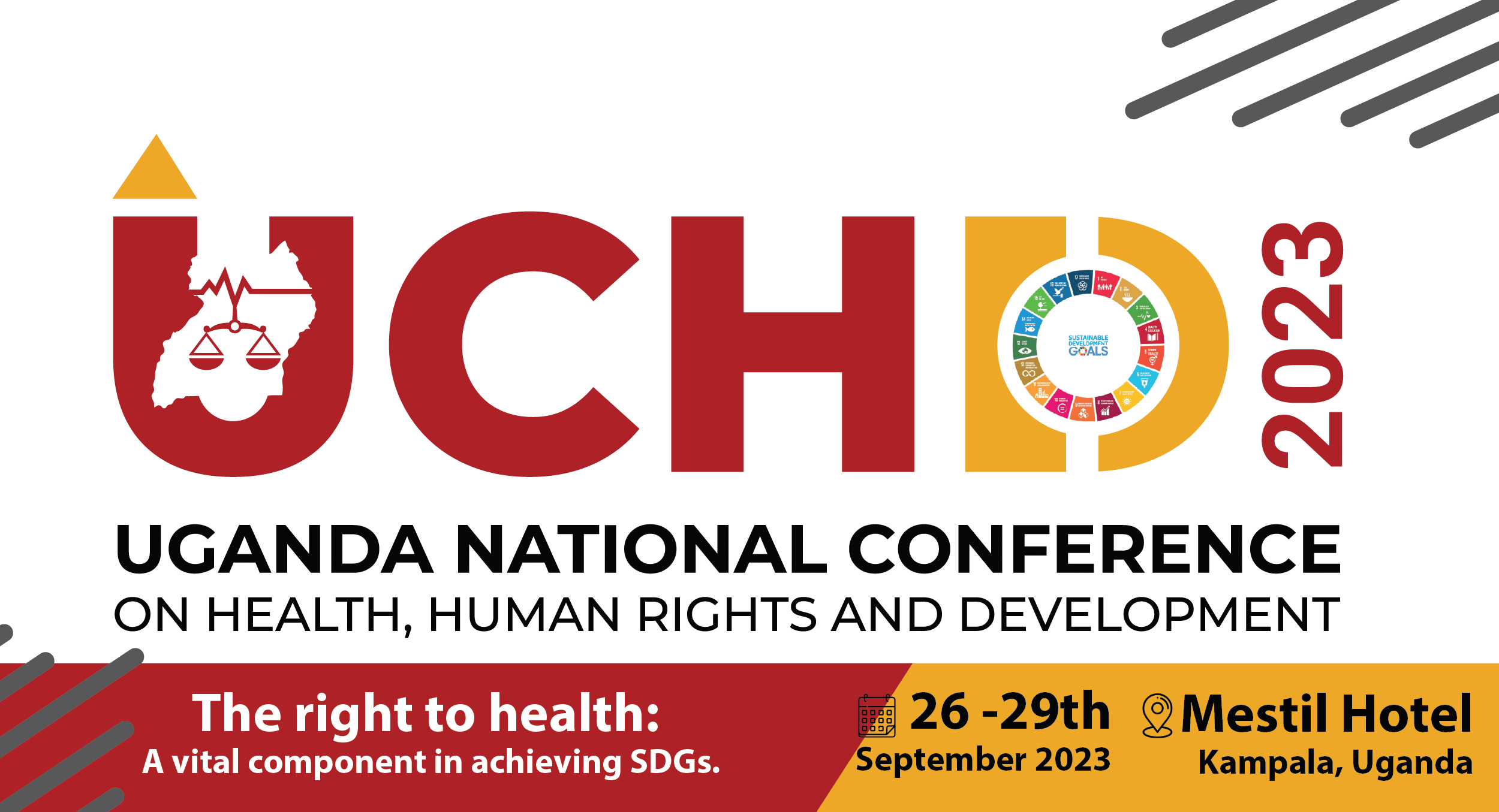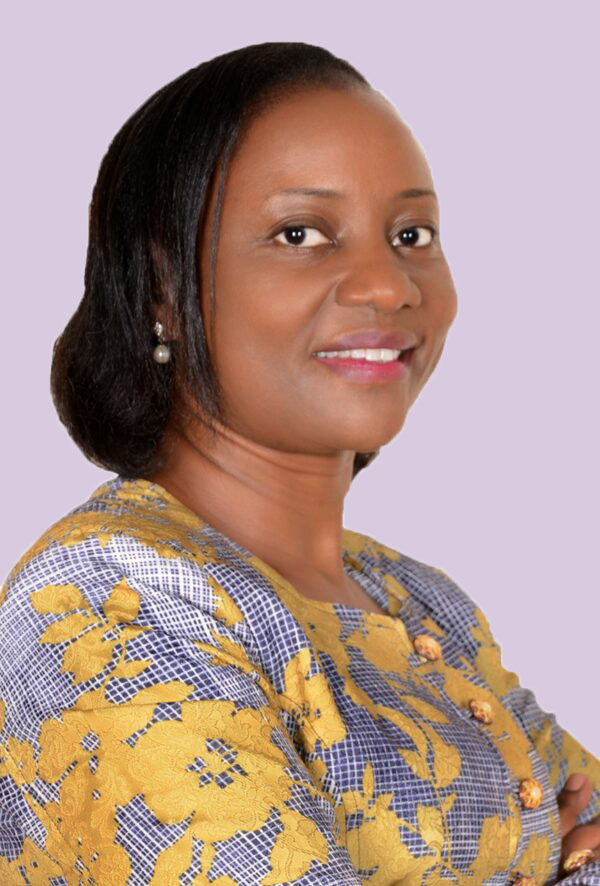By Noor Nakibuuka
On 10th and 11th July 2023, Africans converged in Nairobi, Kenya to commemorate 20 years of the Protocol to the African Charter on Human and Peoples’ Rights on the Rights of Women in Africa (The Maputo Protocol). The protocol was adopted on the 11th of July 2003 in Maputo. It is one specific piece of legislation that advances women’s rights in Africa.
The celebrations come in at a time when most African countries are facing retrogression in advancing women’s rights. Uganda, for example, has had several incidences where access to sexual and reproductive health and rights for girls and women, which is a key pillar in this protocol, is on a descending trajectory. At the same time, other countries like South Sudan have taken bold steps to adopt the protocol given its importance in advancing women’s rights in Africa. South Sudan makes the 44th country out of 55 African countries to adopt the protocol.
As we commemorated the 20 years of Maputo, the Center for Health, Human Rights and Development (CEHURD) had an opportunity to engage in one of the side events that were organized by IPAS Africa Alliance in collaboration with other partners like Akina Mama wa Afrika to specifically focus on Article 14 of this protocol. The article discusses access to safe abortion as a key human rights issue. From the discussions, it was emphasized that indeed many African countries should look into this instrument to advance women’s rights to access safe abortion, since many still have archaic legislations that restrict the same at domestic level.
While speaking at this side event, Commissioner Njie Sallah of the African Commission on Human and People’s Rights specifically highlighted the importance of this article that, “the article is one that we would all wish to retain, highly guard and utilize it to advance women’s rights. Many African countries do not have such a progressive legislation when it comes to this issue and it’s important that as human rights activists, leaders, pan Africans, government officials, deeply think about the importance of this article”. The Maputo Protocol is one of its kind.
The commemoration also comes at a time when many countries have boldly advanced conversations around access to safe and legal abortion. In Uganda, the Constitution allows Parliament to enact a law regulating termination of pregnancy. However, since its promulgation in 1995, parliament has not taken such a step. This prompted CEHURD to institute a legal case in the Constitutional Court for an interpretation of this particular constitutional provision. The existing Penal Code Act, was enacted over 70 years ago and does not address public health discussions that have since been advanced by the colonialists including Britain to put aside such legislations. The court is yet to issue a ruling in this matter.
Uganda is celebrated for having boldly ratified the Maputo Protocol. While the state entered a reservation on article 14(2)(c) of the same, pertaining to reproductive health and safe abortion, commendable steps have been taken to advance the rights of women. Uganda enacted various pieces of legislation that place women at the forefront of decision making. Beyond the Constitution that stipulates equality, non-discrimination, the maternal role that women play in society, and the leadership of women, among others, the Domestic Violence Act, 2010, Equal Opportunities Commission Act 2007, the Penal Code Act cap 120, the Public Finance Management Act, 2015, et cetera, have provisions that advance gender equality and women’s rights.
At the 20th anniversary of Maputo, it is worthy to note that this protocol is special. Of all the regional and international human rights instruments that Uganda and other African countries have ratified, the Maputo Protocol is one of a kind and a lot of attention is paid to it. Implementation of the Maputo Protocol has been the core agenda under the Solidarity for African Women’s Rights (SOAWR) to which CEHURD is a member together with 62 other Civil Society Organisations working across 32 African countries to protect and advance women’s rights. SOAWR has ensured that each of the African member countries works towards the implementation of the protocol and reports back to the committee even when governments have fallen short of this reporting.
CEHURD celebrates SOAWR, for having taken this bold step. We will continue to work to ensure that women’s rights are recognized, protected, respected and fulfilled.
The writer is a Lawyer and Deputy Executive Director – Programmes at Center for Health, Human Rights and Development (CEHURD).





